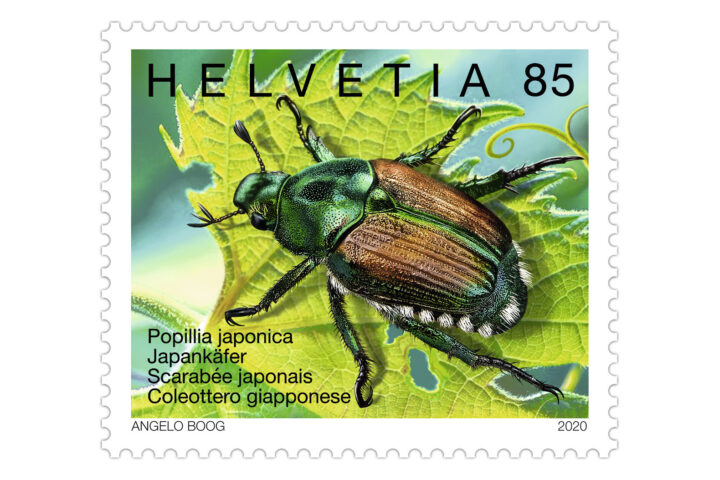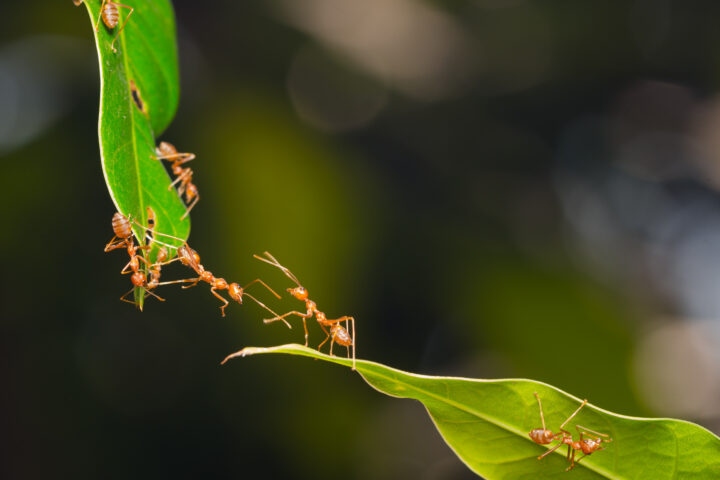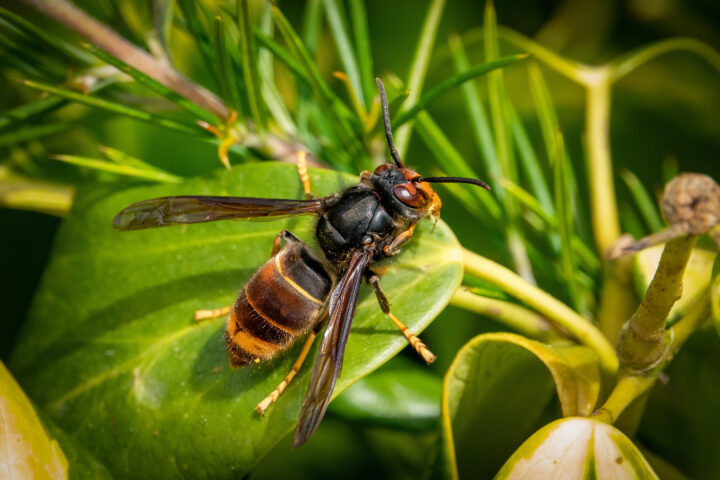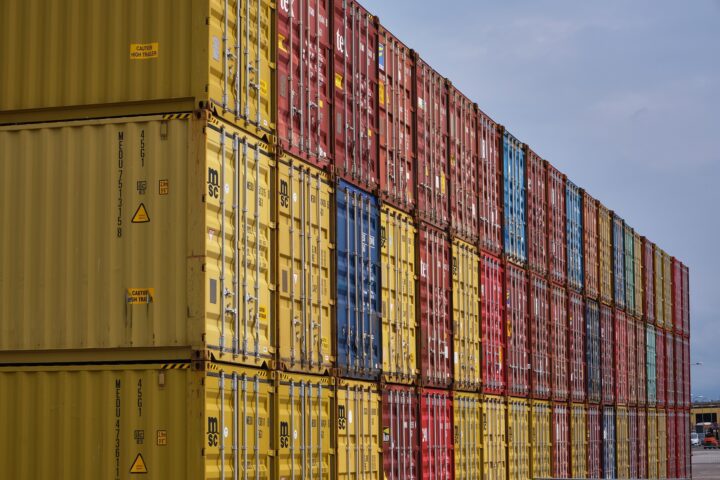
Grain beetle eats its way through Swiss grain stores
The grain beetle is spreading in Swiss grain stores. Introduced via international trade, it threatens harvests and impairs food quality.
Monday, August 4, 2025
Anyone who thinks that pests only lurk in fields is mistaken. The grain weevil has established itself in Swiss grain stores – and is making life difficult for farmers. As reported by the BauernZeitung newspaper, grain and seed stores in Switzerland have been increasingly infested by the grain weevil (Sitophilus granarius) for around two years. “The pest is widespread worldwide and is repeatedly introduced with imported grain,” Roland Stalder, head of the UFA-Samen performance center in Lyssach BE, told the newspaper. The larvae develop invisibly in the grain and eat the endosperm from the inside out – with fatal consequences for flour and seed quality.
Climate change and lack of protectionAccording to Juliane Preukschas, Agroline product manager for storage protection, three factors are contributing to the spread of the grain weevil: rising storage temperatures, the elimination of important insecticides, and growing import volumes. Biological methods such as the storage wasp, which eats grain weevil larvae, are available to combat the pest. However, since the use of beneficial insects is only effective if they outnumber the pests, this method of control has only limited effectiveness.
Clean storage facilities, low temperatures, and consistent monitoring make it difficult for pests to survive. “Cleanliness is essential,” emphasizes Preukschas. In addition to wheat, corn, beans, rice, and pasta are also affected by grain weevil infestation.
Since infestation is difficult to detect in its early stages, researchers are intensively searching for methods to detect the pest earlier. This is where a research project by Fenaco and the School of Agricultural, Forest and Food Sciences (HAFL) comes in. Near-infrared spectroscopy (NIRS) is to be used to detect infested batches while the beetle is still in the larval stage. Initial field trials are planned for August 2025.
Invasive pests travel with us
The grain weevil is not an isolated case: invasive pests and plant diseases are among the greatest challenges facing agriculture and biodiversity. They often enter Switzerland via travel and imported goods, causing damage that can be severe in some cases. Since 2020, the import of plants from non-EU countries has been prohibited. Nevertheless, introduced pests remain a global problem.
The example of the grain weevil shows how vulnerable stocks are – and how closely local agriculture and global trade are linked. In addition to good storage hygiene, technical innovations and effective plant protection products are needed to curb the spread of such pests and also prevent storage diseases.
Invasive pests on the rise
Invasive pests pose a growing threat to Swiss agriculture and biodiversity. Global trade, climate change, and travel are bringing more and more alien species into Switzerland, causing considerable damage to cultivated and wild plants.
Examples include the Japanese beetle, which is spreading rapidly and endangering native crops, and the Asian hornet, which poses a serious threat to honey bees. Other invasive pests such as the chestnut gall wasp, the cherry vinegar fly, and the Asian longhorn beetle are causing increasing concern for farmers and conservationists.
Protecting plants from these threats remains one of the greatest challenges of our time. Effective plant protection products, practical control strategies, and consistent monitoring are essential to curb the spread of these pests.
Kindly note:
We, a non-native editorial team value clear and faultless communication. At times we have to prioritize speed over perfection, utilizing tools, that are still learning.
We are deeply sorry for any observed stylistic or spelling errors.
Related articles

Traveling Japanese beetle threatens native plants
The Japanese beetle was first discovered in Switzerland in 2017 in Ticino. Now it has made it to the northern side of the Alps. After being found in Basel-Stadt and Solothurn, a larger population of the beetles has been found in Kloten for the first time. They are controlled with traps, but also pesticides.

Ant infestation threatens Zurich communities
An invasive ant from the Mediterranean region is spreading rapidly in the canton of Zurich, threatening communities, construction projects, and agriculture. Insecticides could help—but their use remains severely restricted.

New problem: soft bugs, native pests discover fruit and vegetables
Soft bugs are spreading at lightning speed in fields and greenhouses in southern Germany. These pests are destroying fruit and vegetables and pushing agriculture to its limits. Effective plant protection products must be found urgently to safeguard harvests.

Three times more Asian hornets – biocides needed
The Asian hornet has been a threat to the native honeybee for several years. The situation continues to worsen. As new figures show, there were almost 4,000 sightings last year – a threefold increase in the number of Asian hornets. The pest is attacking biodiversity. Politicians are also alarmed.

Is the industry exporting banned pesticides?
NGOs and the media repeatedly report on Swiss manufacturers of plant protection products who export pesticides that are banned in Switzerland. They claim that weak regulations in the importing countries are being deliberately exploited. However, this is not the case. Swiss manufacturers adhere to strict international standards when exporting plant protection products. Since approvals are also tailored to agronomic needs, the crops grown and the market, regulation from Switzerland makes no sense.

Insect decline: the facts behind the alarm
Insects are essential to our ecosystem: they pollinate plants, break down organic material and serve as a food source for many animals. So it is understandable that there is great concern when the media reports on ‘insect decline’ – and in some cases even on an impending ‘insect Armageddon’. But what do the scientific data really say? A new article by the Genetic Literacy Project shows that the situation is serious, but not nearly as one-sided and dramatic as it is often portrayed.

